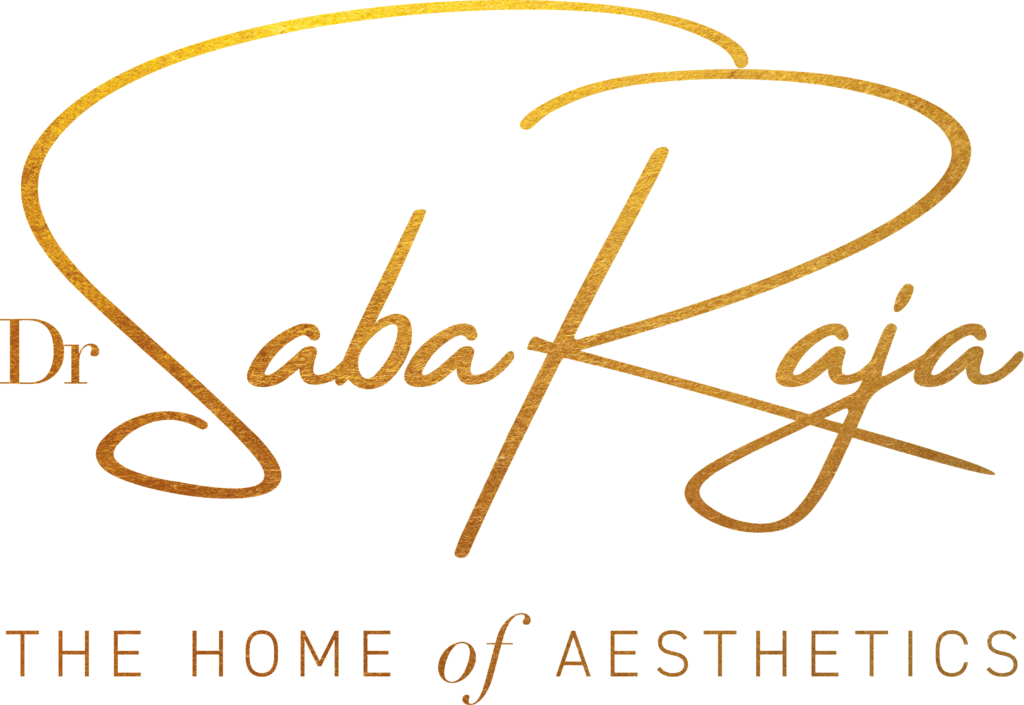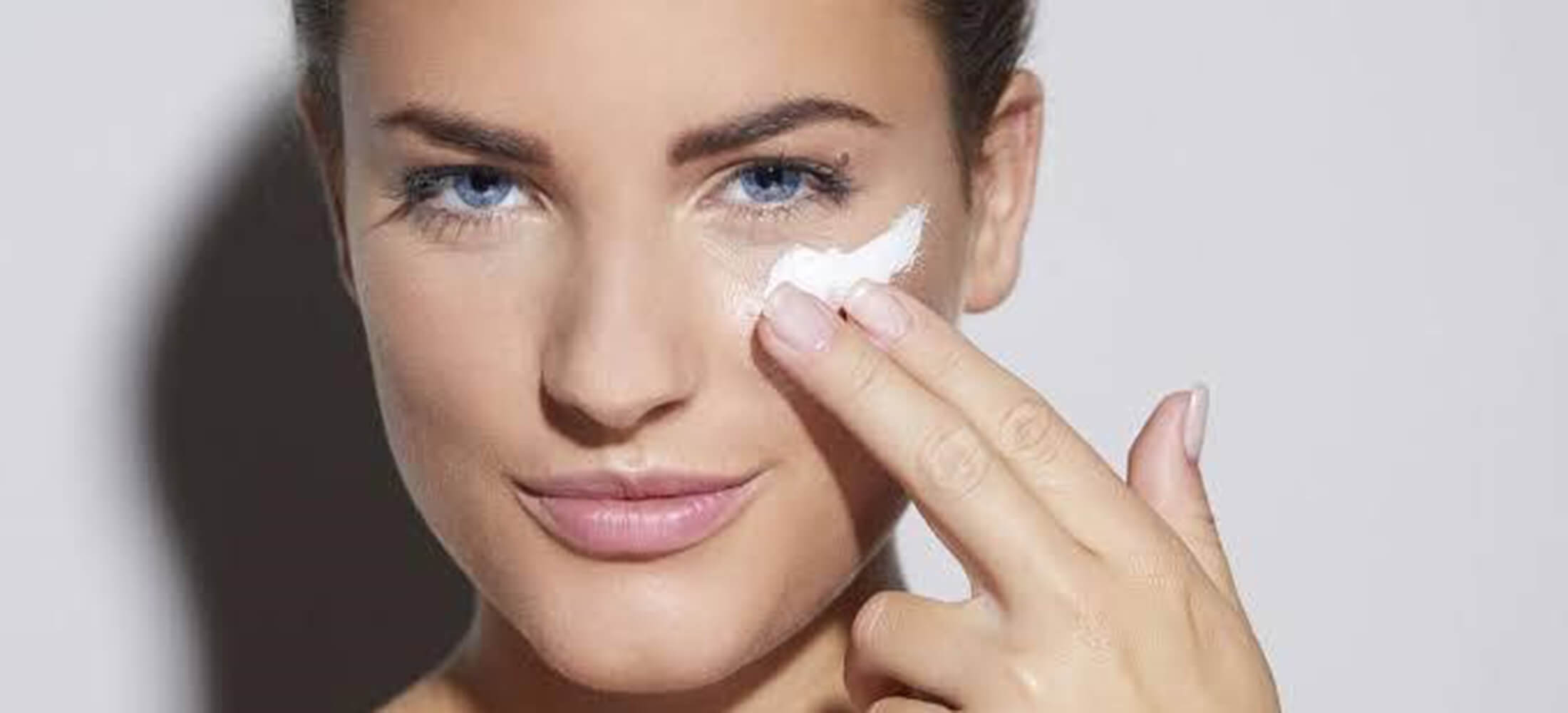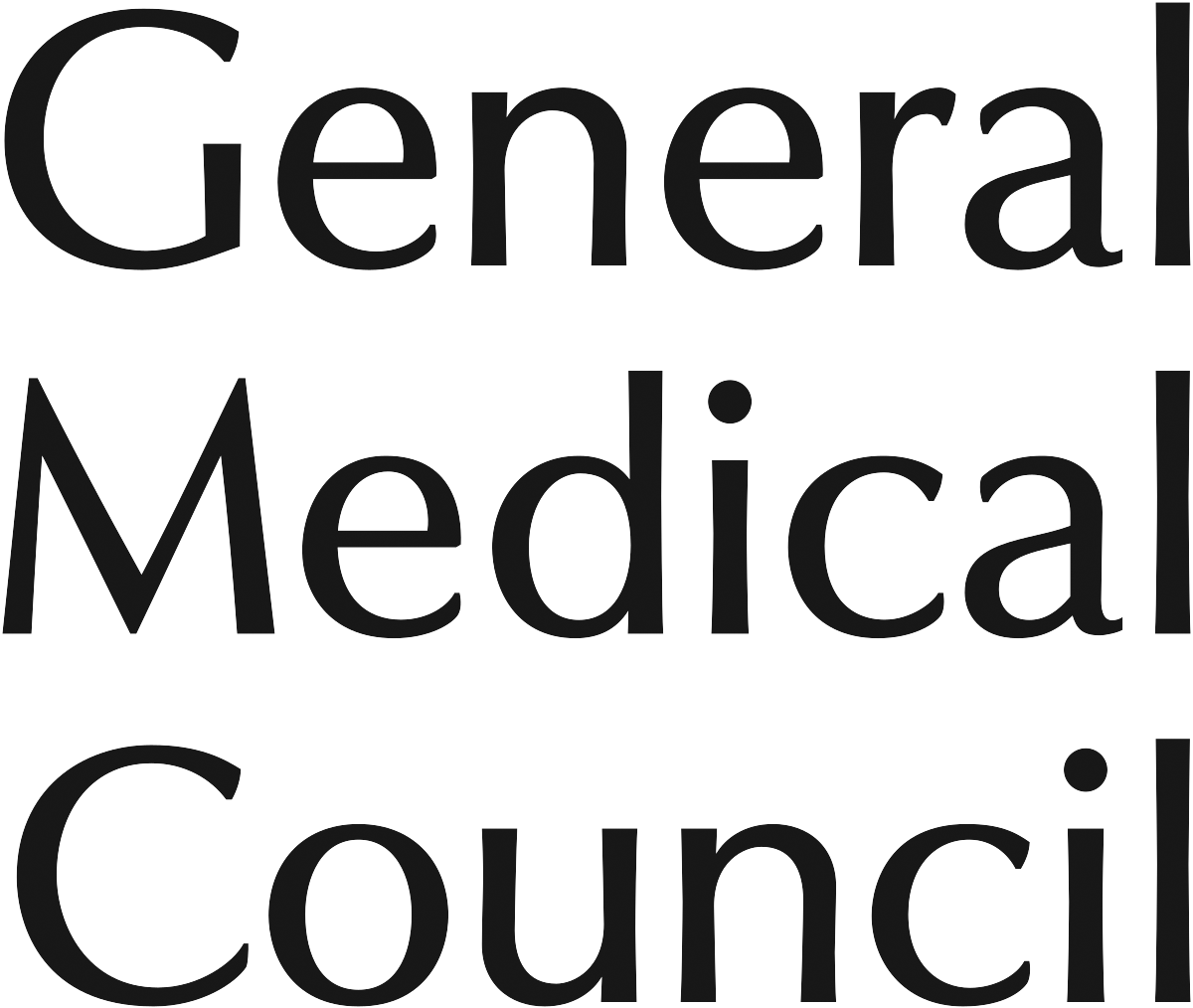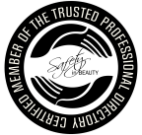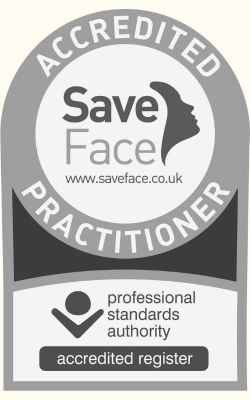Picking the ultimate beauty product which protects your skin against fine lines, and wrinkles diminish the appearance of large pores and brighten the complexion can be overwhelming. There are countless options available that claim to contain actives and breakthrough ingredients which can change your skin. Part of these miracle ingredients is the retinol-based actives.
Retin-based ingredients are typically known as retinoids. The term retinoid alludes to the whole family of vitamin A derivatives, including over-the-counter items (which are the gentlest) and prescription treatments (which are the most intense). The following list shows the different sorts of retinoids:
- Adapalene
- Isotretinoin
- Retinol
- Retinol esters
- Retinoic acid esters
- Retinaldehyde
- Tazarotene
- Tretinoin
- Trifarotene
What do they do?
Retinoids help promote cell restoration in our bodies. This implies that they cause dead and dying skin cells to shed away from the surface more rapidly than expected, and speed up the presence of new, smooth, clear skin.
When applied, retinoids get converted by the enzymes on our skin into retinoic acid, promoting skin restoration, improving the blood flow in the skin, brightening skin tone, reducing break-outs, and boosting collagen production.
Why do certain products contain Retinol while others contain Retinoids?
Retinol is a certain kind of retinoid and is usually sold over the counter. For a long time now, it has been everyone’s top anti-wrinkle skincare ingredient, making cosmetic companies go crazy over it. This beauty miracle ingredient is used in skin care products because of its exfoliating, anti-ageing, and anti-acne characteristics.
Since there is a lower concentration of retinoic acid in retinol products, they will work slowly over a period of time. This is because it will take a longer time for the skin to process and convert the retinol into retinoic acid.
Therefore, due to its anti-wrinkle and anti-discolouration properties, retinol is an excellent ingredient for your everyday serums and creams. It blurs the appearance of fine lines and wrinkles, and can also reverse specific side effects of sun damage. You will start to notice visible results in your skin in just 3 to 6 months after using retinol.
The concentration of retinoic acid is much higher in prescription retinoids, which means that they are more readily available for your skin to use. Prescription retinoids act as an effective exfoliator. So if you have active acne, it is cleared more rapidly. Not only that but new breakouts are also prevented because of the retinoid’s ability to continuously exfoliate the skin. They also help with the production of collagen, thus improving the appearance of wrinkles and fine lines, and consequently making you look younger. With prescription retinoids, results are commonly noticed within 6 to 8 weeks.
A lot of skin types can handle both retinol and strong retinoids, the two elements to find out what active ingredient is right for you, are your skin health and condition. Some people might notice adequate results with only retinol. On the other hand, others may stronger, prescription-only retinoids to achieve the results they want.
Side effects?
If you have just started using retinol-based products, you may see some side effects, for instance, slight irritation, dryness or maybe an increase in skin breakouts. This is pretty normal because your skin is getting used to the new active ingredient. Your skin may begin flaking, developing redness, or even sting. It is ideal to get in touch with your doctor if this occurs. They may recommend you briefly lessen the frequency of application. On the other hand, if after a short visit, you can tolerate the side effects, you will see results sooner. In such a case, you will be glad to proceed with the product. Most side effects die down after 2 to 3 weeks as your skin becomes acclimated to the item.
For those with exceptionally sensitive skin or who battle with conditions like rosacea or eczema, retinoids might be too strong and could irritate the skin, hence it would be better for you to avoid them together.
Moreover, your skin becomes more sensitive to the sun once you start using retinoids. Therefore, make sure that you are using good quality sunscreen with high SPF protection (30 plus) to protect your skin from the harsh impact of UV rays. Also, keep in mind that sunlight reduces the efficiency of retinoids. Therefore, you should limit their use to only your nighttime skincare routine.
Rules for retinol
As a rule, retinol-based items are incredible for anti-ageing and clearing the skin, which makes them a good investment. If you want to give your skin a lift and reestablish its youthful appearance by reducing fine lines, diminishing pore size and evening the skin tone and texture, search for items which contain retinol.
However, suppose you have acne or more serious skin damage. In that case, prescription retinoids are very successful in decreasing skin breakouts and improving the appearance of wrinkles, as they can speed up the skin cell restoration process and boost collagen production rapidly.
Contact our Norwich team at Dr Saba Raja The Home of Aesthetics today to address your skin concerns!
